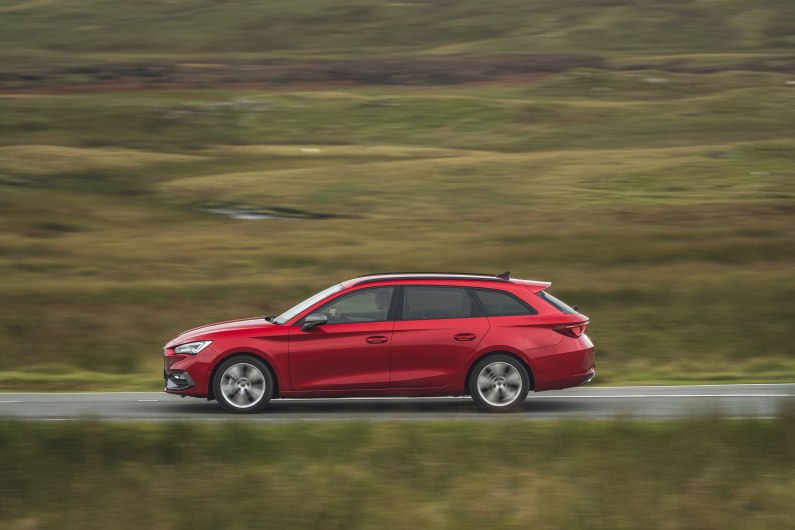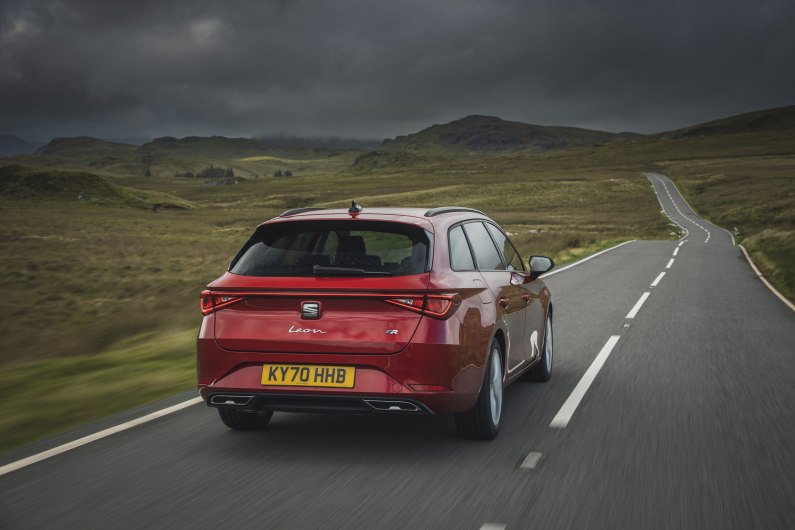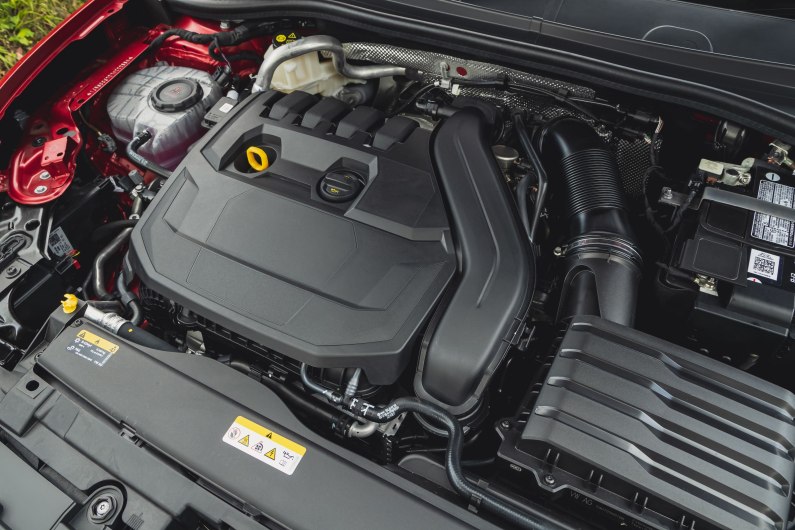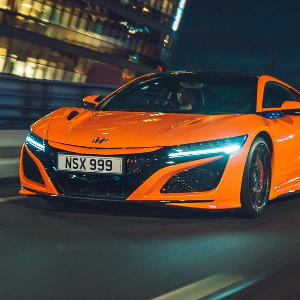
Seat’s fourth-generation Leon is here, and this is our first go in the new Estate version. Ted Welford gets behind the wheel to see if impresses.
What is it?

The Estate layout does little to interrupt the Leon’s good looks
Volkswagen-owned Seat is really finding its feet within the VW Group these days – being the sportiest and youthful of all the ‘core’ brands, which also includes Audi and Seat.
And it’s the firm’s family car-sized Leon that remains the top-seller for the brand, impressing with its combination of value and fun, yet always retaining much of the quality and tech of its more expensive rivals – the Volkswagen Golf and Audi A3.
But in its latest incarnation, can it continue the success? We’re testing the new Estate model to find out.
What’s new?

The estate version of the Leon brings added spaciousness
You could take a look at what was new with the latest eighth-generation Golf and the same would pretty much apply to this new Leon. Based on the latest MQB Evo platform, it’s available with hybrid powertrains for the first time – gaining both mild-hybrid and plug-in hybrid options.
The interior also adopts the true digitised look – which we’ll get on to later – while the styling has arguably grown up compared to its particularly cool-looking predecessor. A new suite of safety technology has already helped it to earn a top rating from experts Euro NCAP, too.
What’s under the bonnet?

The 1.5-litre engine develops 148bhp
Demonstrating the shift away from diesel, this option is no longer available with the Estate, so instead there is a choice of petrol, mild-hybrid petrol or plug-in hybrid.
Under the bonnet of ‘our’ car is the brand’s tried-and-tested turbocharged 1.5-litre petrol engine – developing 148bhp and 250Nm of torque. You can choose it with a six-speed manual or the seven-speed DSG automatic we’re trying, which gains ‘eTSI’ mild-hybrid technology with its 48-volt starter-generator and small battery. This means the engine can ‘switch off’ while coasting, and garners energy to provide a light performance boost while also helping to improve efficiency.
It’s very clever and smooth and makes a pretty good all-rounder that credibly replaces a diesel – reaching 0-60mph in 8.5 seconds, yet returning almost 48mpg, with low CO2 emissions of 133g/km.
What’s it like to drive?
The Leon continues to do what Seat does best – offering a slightly sportier drive than its siblings which makes the Leon rather good fun for a mid-spec estate car. It handles neatly, with minimal body roll, while a range of settings allow you to pick between ‘Eco’, ‘Normal’ and ‘Sport’ modes, depending on your mood and how quickly you want to get from A-to-B.

